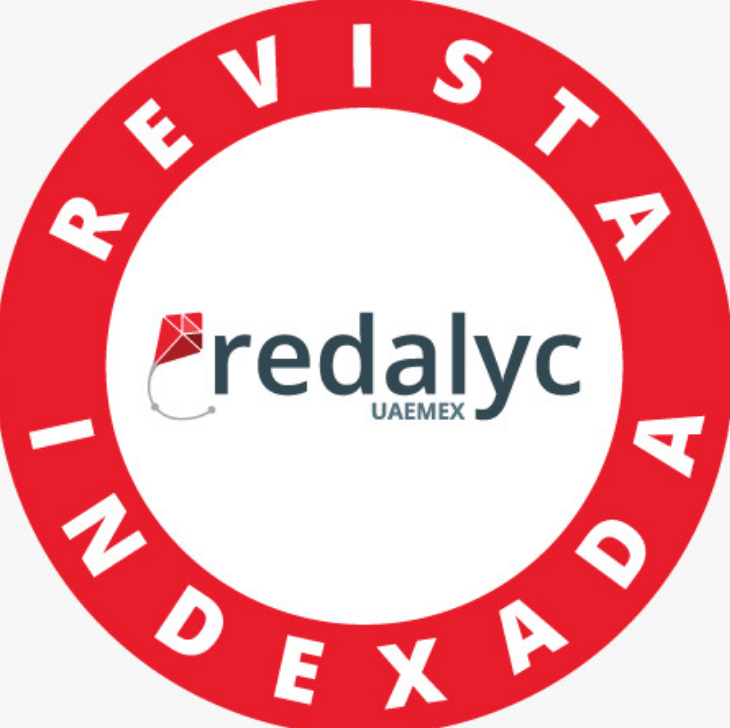An approach for optimizing resource allocation and usage in cloud computing systems by predicting traffic flow
Keywords:
Monte Carlo technique, Extreme Gradient Boosting (XGBoost), Autoregressive integrated moving average (ARIMA)Abstract
The cloud provides computing resources as a service (scalable and cost-effective storage, management, and accessibility of data and applications) through the Internet. Even though cloud computing offers many opportunities for ICT (information and communication technology), many issues still remain, and the increasing demand for resource management and traffic flow is also becoming increasingly problematic. The amount of data in the cloud computing environment is increasing on a daily basis, which increases data traffic flow. Due to this problem, clients complained about the network speed. Autoregressive Integrated Moving Average (ARIMA), Monte Carlo, Extreme gradient boosting regression (XGBoost), is used in this paper for predicting traffic flow. A Monte Carlo prediction of 84% outperformed ARIMA's prediction of 79.8% and XGBoost's prediction of 71.5%, indicating that Monte Carlo is more accurate than other models when predicting traffic flow in organizational cloud computing systems. A machine learning model will be used for future studies, along with hourly monitoring and resource allocation.
Downloads
Published
Issue
Section
License
Copyright Notice
Authors who publish this journal agree to the following terms:
- Authors retain copyright and grant the journal right of first publication with the work simultaneously licensed under a Creative Commons Attribution-Non-Commercial-Share-Alike 4.0 International 4.0 that allows others to share the work with an acknowledgement of the work's authorship and initial publication in this journal.
- Authors are able to enter into separate, additional contractual arrangements for the non-exclusive distribution of the journal's published version of the work (e.g., post it to an institutional repository or publish it in a book), with an acknowledgement of its initial publication in this journal.
- Authors are permitted and encouraged to post their work online (e.g., in institutional repositories or on their website) prior to and during the submission process, as it can lead to productive exchanges, as well as earlier and greater citation of published work.
Disclaimer
LAJC in no event shall be liable for any direct, indirect, incidental, punitive, or consequential copyright infringement claims related to articles that have been submitted for evaluation, or published in any issue of this journal. Find out more in our Disclaimer Notice.











